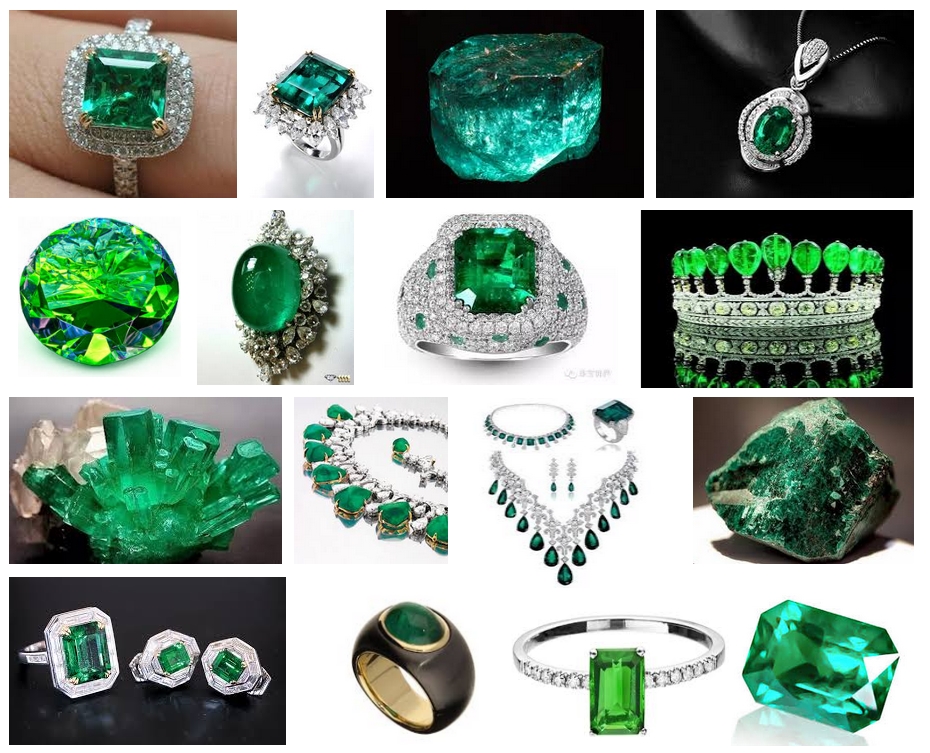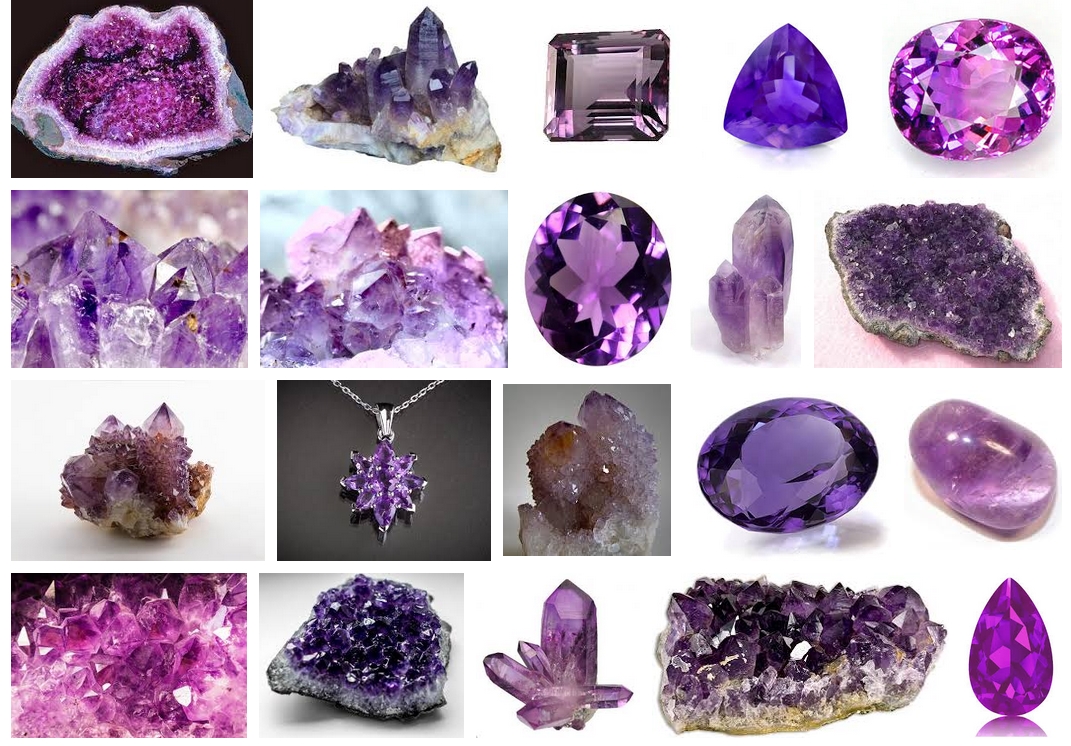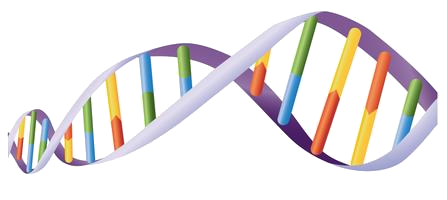
漢德百科全書 | 汉德百科全书
 Energy resource
Energy resource



纵贯阿拉斯加管道 ,俗称阿拉斯加输油管 (英语:Trans-Alaska Pipeline System,简称TAPS,州内俗称the Alyeska Pipeline,州外俗称Alaska Pipeline)是连接美国阿拉斯加州北部产油区和南部港口,再转运到美国本土炼油厂的管道运输系统。
管道主线起自阿拉斯加北坡的普拉德霍湾,终止于阿拉斯加湾边的瓦尔迪兹,南北全长接近800 英里(约1,300 公里)经过怀斯曼、比特尔斯、利文古、福克斯、费尔班克斯和艾伦谷等多座城市。管道的建筑更要面临位置偏远和周围恶劣环境的挑战:中间要穿越三座山脉、活跃的断层、广大的冻土层和定时迁徙的驯鹿和驼鹿。
自1977年落成以来,管道已经输送了150亿桶原油(2.4 km3)。
Die Trans-Alaska-Pipeline (TAP) ist eine Erdölleitung in Alaska in den Vereinigten Staaten. Sie verläuft 1287 km von der Prudhoe Bay im Norden zum eisfreien Hafen Valdez am Prince William Sound im Süden.

Smaragd ist eine Varietät des im hexagonalen Kristallsystem kristallisierenden Silikat-Minerals Beryll und hat eine Mohshärte von 7,5 bis 8. Seine chemische Zusammensetzung ist durch Be3Al2Si6O18 beschrieben. Die Farbe ist durch Beimengung von Chrom- und Vanadium-Ionen grün, die Strichfarbe ist weiß.

Diamant ist die kubische Modifikation des Kohlenstoffs und als natürlich vorkommender Feststoff ein Mineral aus der Mineralklasse der Elemente. Diamant bildet meist oktaederförmige Kristalle, oft mit gebogenen und streifigen Flächen. Weitere beobachtete Formen sind das Tetraeder, Dodekaeder und der Würfel. Die Kristalle sind transparent, farblos oder durch Verunreinigungen (z. B. Stickstoff) oder Kristallgitterdefekte grün, gelb, braun und seltener auch orange, blau, rosa, rot oder grau bis schwarz gefärbt.[1]
Diamant ist der härteste natürliche Stoff. In der Härteskala nach Mohs hat er die Härte 10. Seine Schleifhärte nach Rosiwal (auch absolute Härte) ist 140-mal größer als die des Korunds. Die Härte des Diamanten ist allerdings in verschiedenen Kristallrichtungen unterschiedlich (Anisotropie). Dadurch ist es möglich, Diamant mit Diamant zu schleifen. In dem dazu verwendeten Diamantpulver liegen die Kristalle in jeder Orientierung vor (statistische Isotropie), damit wirken immer auch die härtesten unter ihnen auf den zu schleifenden Körper.
Diamant ist optisch isotrop mit hoher Lichtbrechung und hoher Dispersion. Er zeigt Fluoreszenz und Phosphoreszenz und ist triboelektrisch.[1] Er verfügt über die höchste Wärmeleitfähigkeit aller bekannten Minerale.
Das Gewicht einzelner Diamanten wird traditionell in Karat angegeben, einer Einheit, die exakt 0,2 Gramm entspricht (siehe Abschnitt „Gewicht in Karat“).

Diamond battery is the name of a nuclear battery concept proposed by the University of Bristol Cabot Institute during its annual lecture held on 25 November 2016 at the Wills Memorial Building. This battery is proposed to run on the radioactivity of waste graphite blocks (previously used as neutron moderator material in graphite-moderated reactors) and would generate small amounts of electricity for thousands of years.
The battery is a betavoltaic cell using carbon-14 (14C) in the form of diamond-like carbon (DLC) as the beta radiation source, and additional normal-carbon DLC to make the necessary semiconductor junction and encapsulate the carbon-14.
 Companies
Companies

 Energy resource
Energy resource
 Life and Style
Life and Style

 Alaska-AK
Alaska-AK
 Science and technology
Science and technology


 Automobile
Automobile